Some Insights from MONDIACULT 2025 and Beyond: Cultural Measurement, Policies, and the SDGs
Published in Social Sciences, Sustainability, and Statistics
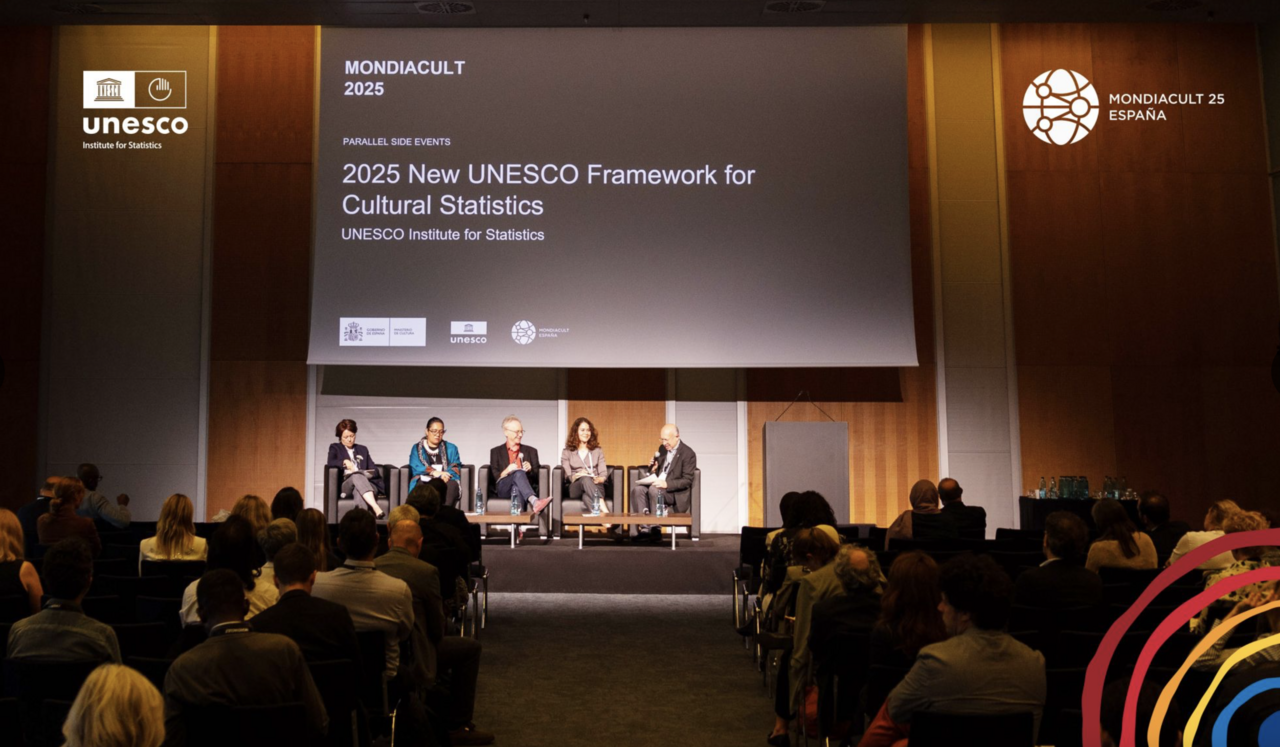
In light of the recently held MONDIACULT 2025 in Barcelona and the launch of the 2025 UNESCO Framework for Cultural Statistics (FCS), several subsequent workshops, high-level panel discussions, and expert convenings brought together policymakers, practitioners, and researchers to reflect on the latest developments in international cultural policy.
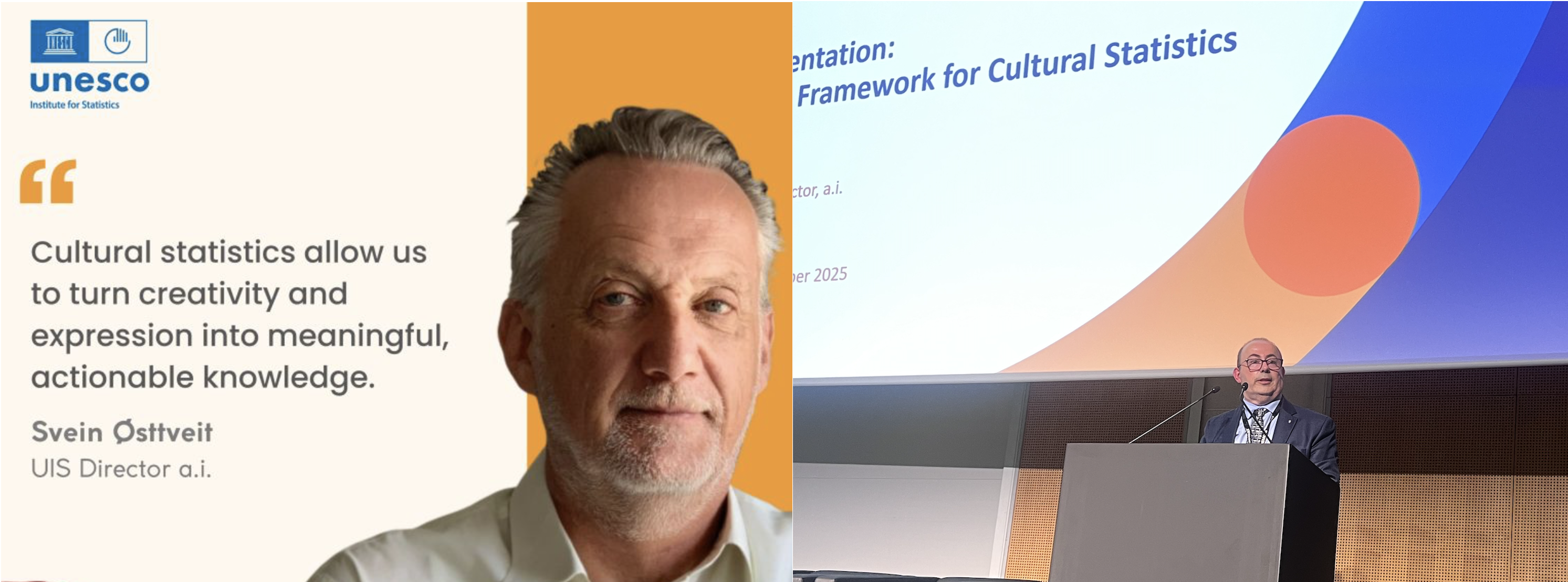 Photo 1 : UIS UNESCO (left), Elena R. (right)
Photo 1 : UIS UNESCO (left), Elena R. (right)
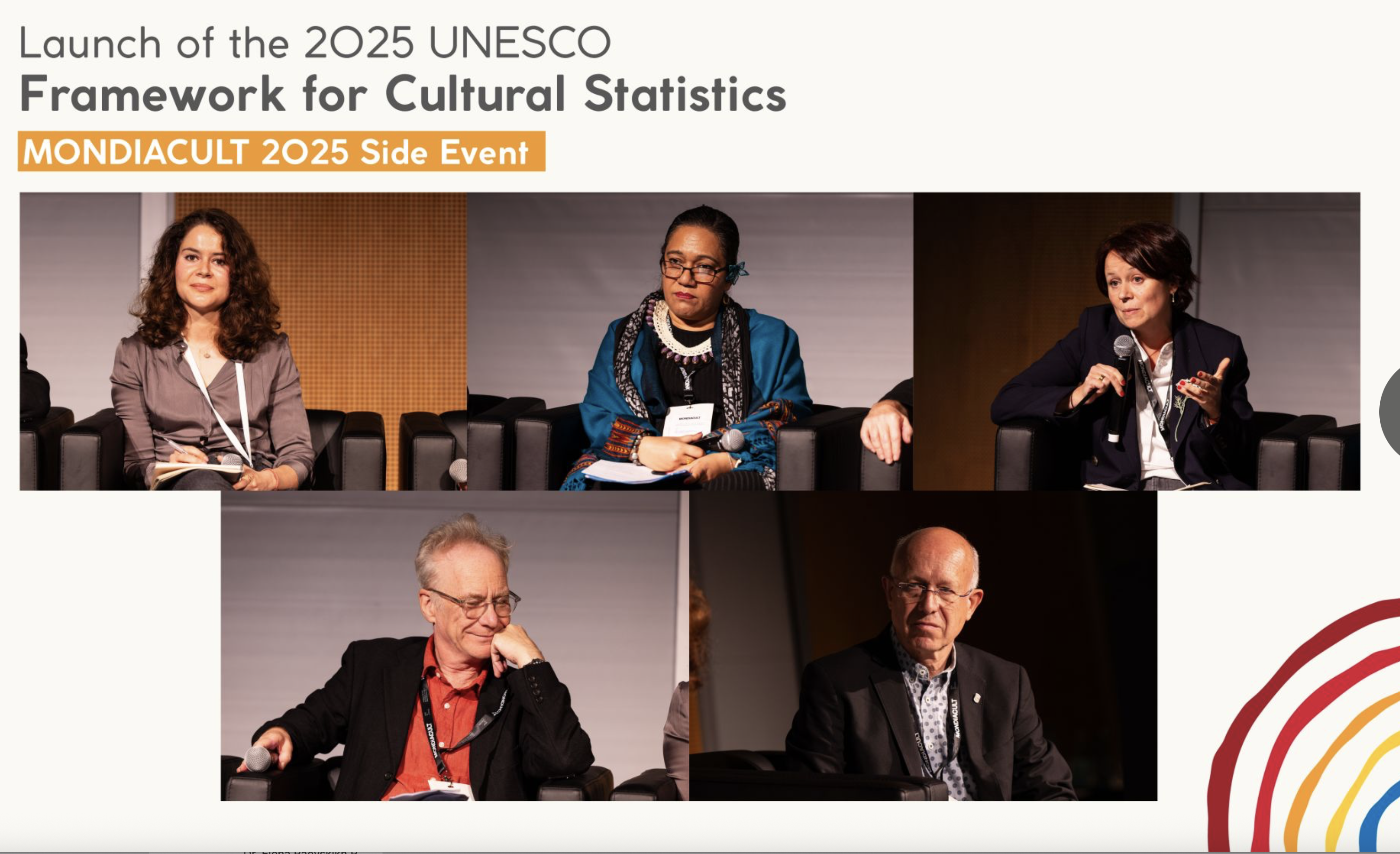 Photo 2: UIS UNESCO
Photo 2: UIS UNESCO
Photo 1 and Photo 2 above: Launch of the 2025 UNESCO Framework for Cultural Statistics (FCS) at MONDIACULT 2025 (Barcelona, 29 September 2025), featuring a panel discussion introduced by Svein Østtveit and José Pessoa, with Lluís Bonet, Andy C. Pratt, Elena Raevskikh, Frances C. Koya Vaka’uta, and Ekaterina Travkina.
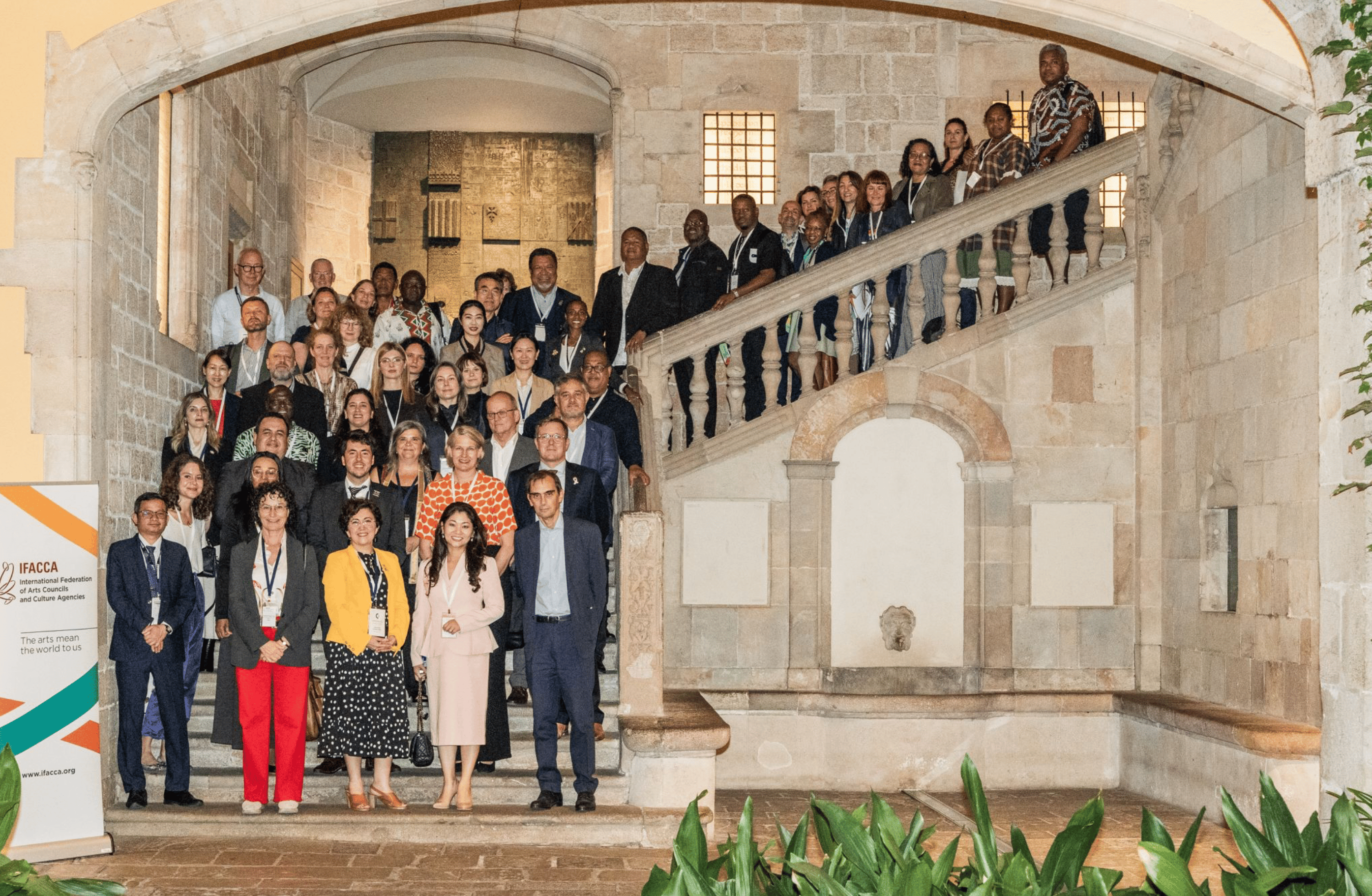 Photo 3: IFACCA
Photo 3: IFACCA
Photo 3 above: IFACCA Member convening in the lead up to MONDIACULT 2025 (Barcelona, 28 September 2025), in collaboration with the Ministerio de Cultura and supported by Consell Nacional de la Cultura i de les Arts – CoNCA (National Council of Culture and Arts, Catalonia).
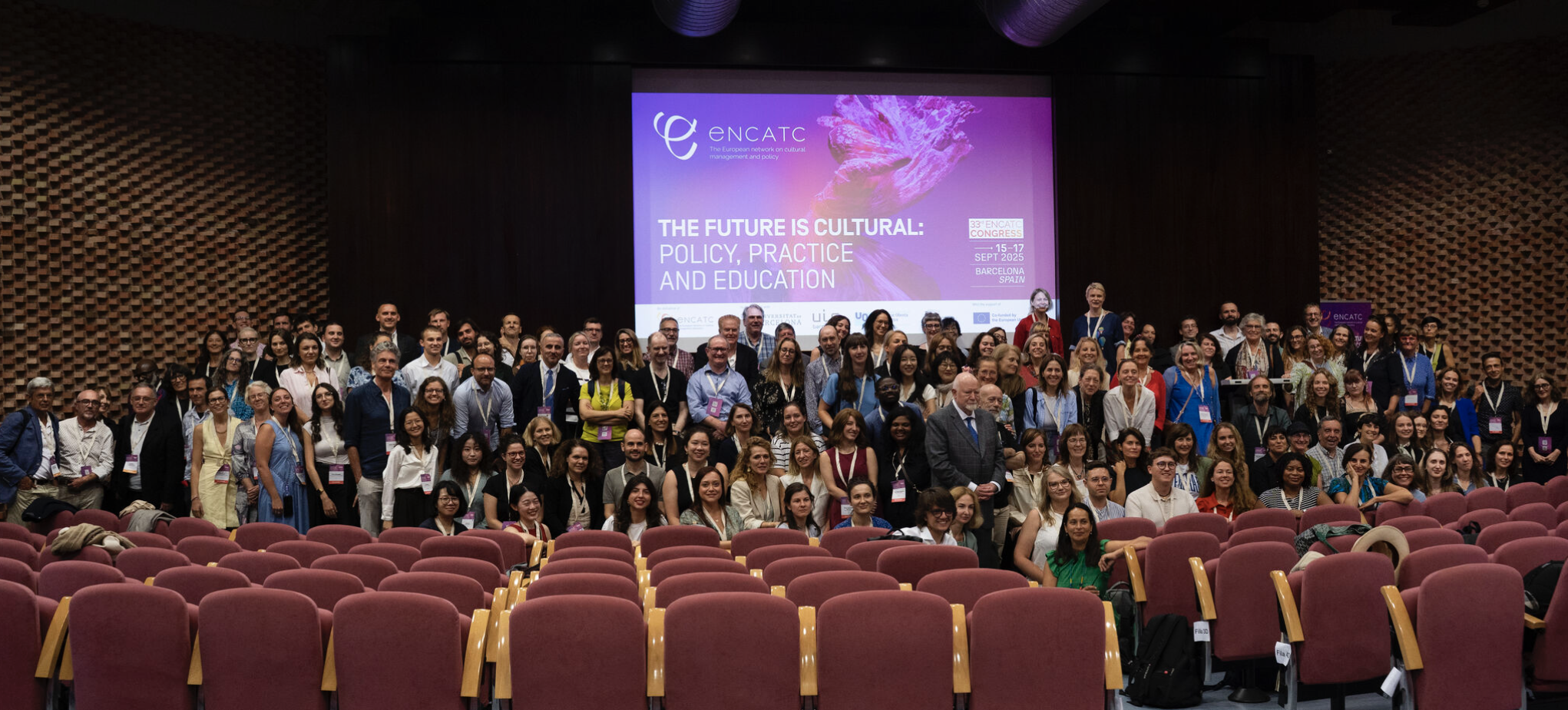 Photo 4: ENCATC
Photo 4: ENCATC
Photo 4 above: 33rd ENCATC Congress — "The Future Is Cultural: Policy, Practice, and Education" (Barcelona, 15-17 September 2025).
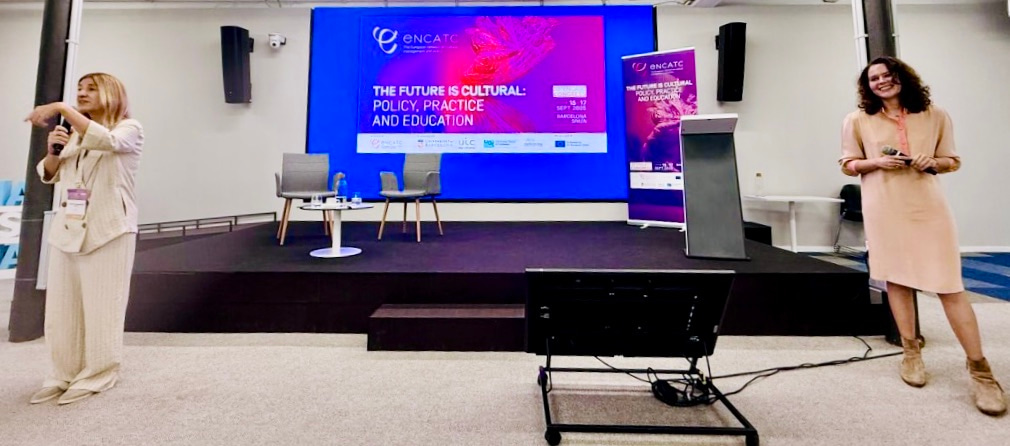 Photo 5: Vasif Eyvazzade
Photo 5: Vasif Eyvazzade
Photo 5 above: The ENCATC Working Group “Strengthening Cultural Observatories and Rethinking Cultural Measurement for Future Policy-Making” co-led by CristinaOrtega (3Walks / ENCATC Member) and Elena Raevskikh (DCT Abu Dhabi / ENCATC Member) (Barcelona, 17 September 2025).
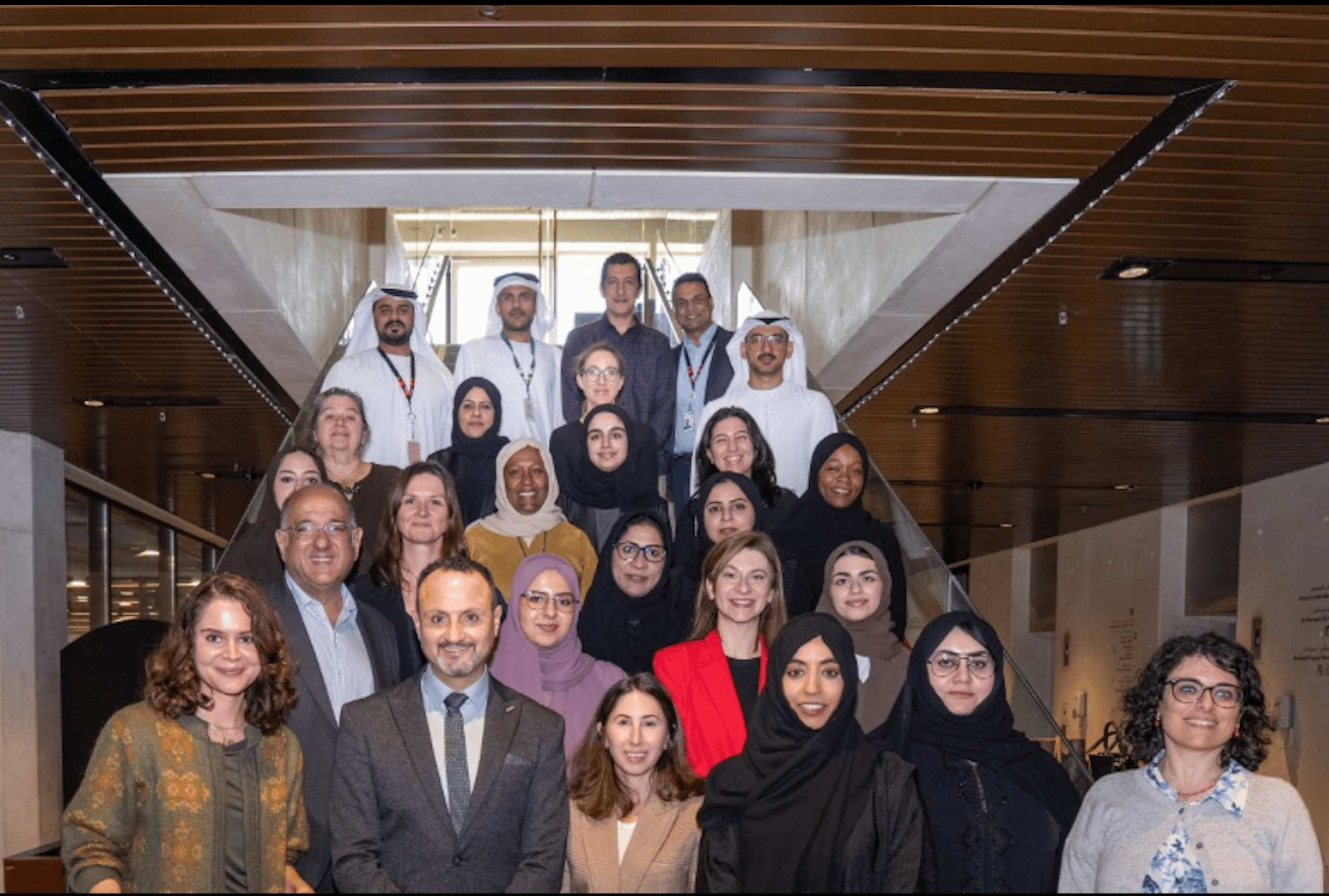 Photo 6: DCT Abu Dhabi
Photo 6: DCT Abu Dhabi
Photo 6 above: Session “2030 Cultural Indicators and Cultural Statistics: Connecting the Diversity of Cultural Expressions to Sustainable Development”, organised as part of the Cultural Heritage & Knowledge Development: Fostering a Culture of Integrated Protection education module, by the Department of Culture and Tourism – Abu Dhabi, in collaboration with the UAE Ministry of Culture and UNESCO (Abu Dhabi, 7 October 2025).
These gatherings provided new spaces for reflection on cultural policy frameworks from the first World Conference on Cultural Policies held in Mexico in 1982 and its revival through MONDIACULT 2022, to the adoption of the 2005 Convention on the Protection and Promotion of the Diversity of Cultural Expressions, whose objectives remain today more relevant than ever.
From MONDIACULT 1982 towards MONDIACULT 2025
The first World Conference on Cultural Policies, the precursor of what will later be known as MONDIACULT, took place in Mexico in 1982. The innovative aspect of this conference consisted in addressing how cultural policies could resist external homogenising pressures and protect cultural identities. Forty years later, MONDIACULT 2022 convened again and introduced the idea of ‘culture as a global public good’. Based on this idea of a culture-for-all, the final declaration, adopted by more than 150 states, called for the adoption of culture to contribute in the advancement of the 17 UN SDGs.
Since then, inspired by the spirit of MONDIACULT 1982 and 2022, cultural policies have evolved across the globe, as exemplified by initiatives, such as Culture in Times of COVID-19: Resilience, Recovery and Revival, a report produced by UNESCO and the Department of Culture and Tourism – Adu Dhabi. This publication focused on an integrated approach to the recovery of the culture sector and called for a re-framing of the value of, and support for, culture as a critical foundation for a more diverse and sustainable society.
MONDIACULT 2025 represents the culmination of decades of global dialogue and action in cultural policies. The conference reiterated the importance of setting the global agenda for culture in the years ahead. It also launched the 2025 UNESCO Framework for Cultural Statistics (FCS), demonstrating the ongoing commitment to support inclusive, resilient, and sustainable cultural policies.
Advancing Cultural Measurement with the 2025 UNESCO FCS
Culture fuels creativity, strengthens economies, and builds resilient, inclusive societies. To maximise the impact of cultural policies, collecting and analysing accurate and comparable data is essential. For this reason, UNESCO Member States adopted the UNESCO Framework for Cultural Statistics (FCS) in 1986. The UNESCO Institute for Statistics (UIS) updated this framework first in 2009 and successively in 2025 to reflect changes in global priorities and digitalisation.
The 2025 UNESCO FCS attempts to overcome measurement limitations in culture. Its innovative approach to culture measurement is based on the following core objectives:
- Providing a statistical methodology to assist stakeholders in producing cultural statistics.
- Enabling the measurement of a wide range of cultural expressions, irrespective of the economic or social mode of their production, through a clearly praxeological lens and a focus on Cultural and Creative Ecosystems (CCEs).
- Facilitating the production of harmonised data for both national and international purposes using an international classification guide.
The 2025 UNESCO FCS approach takes into account methodological innovation, moving beyond simple metrics to capture experiences, well-being, and community engagement. It introduces an updated cultural value-generation model to better represent the ways in which economic, natural, human, and social capitals are created through the complex synergies established by the diverse stakeholders in various CCEs.
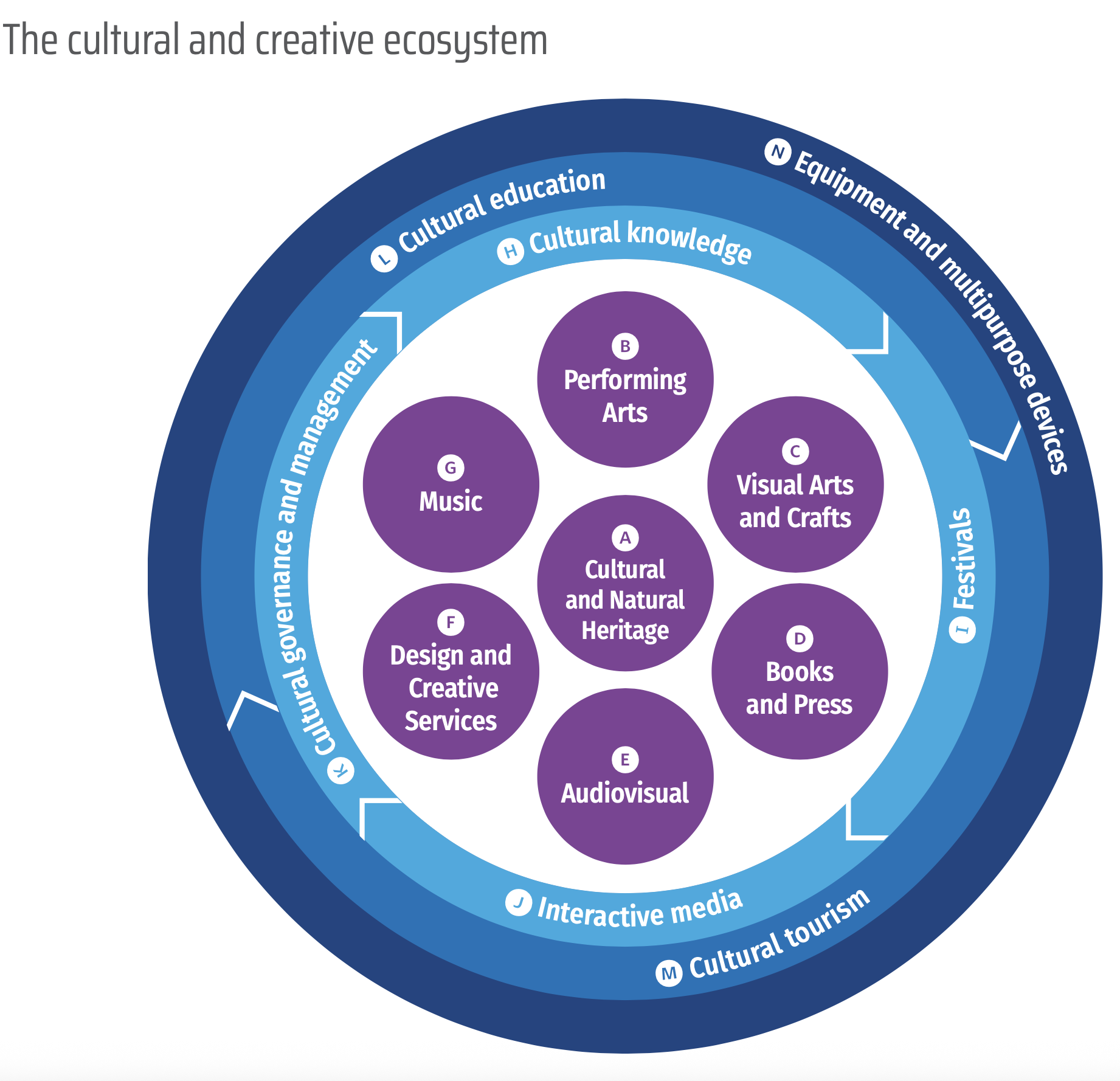
Figure 1: The cultural and creative ecosystem represented in the 2025 UNESCO FCS.
Amongst the innovations that the 2025 UNESCO FCS incorporated is a strong commitment to recognising and valuing cultural diversity and practices, by enabling countries to select units, variables and methodologies that reflect their unique cultural contexts and account for available human and financial resources.
Linking the 2025 UNESCO FCS to the 2005 Convention on Diversity of Cultural Expressions
With its focus on cultural diversity and practices, the 2025 UNESCO FCS aligns with the 2005 Convention on the Protection and Promotion of the Diversity of Cultural Expressions, the first binding legal instrument under international law to focus on contemporary arts and cultural practices, recognising that cultural goods and services can convey identities, as well as express values and aesthetic perspectives.
The Convention’s Monitoring Framework contains four goals that intersect with specific UN SDGs and contribute to their advancement:

Figure 2: The goals of the 2005 Convention on the Protection and Promotion of the Diversity of Cultural Expressions.
This framework is designed as an evolving tool to support the monitoring of the Convention over time, inform evidence-based policy making, and guide the collection of data and information. It also provides an integrated perspective for the implementation of the Convention globally. Governments, the private sector, artists, cultural professionals, and civil society are the actors involved in the implementation of the Convention.
Evidently, the 2025 UNESCO Framework for Cultural Statistics complements this framework by providing tools to measure, analyse, and understand cultural expressions, thereby enabling evidence-based policies that support the Convention’s main goals. However, the practical articulation between the two frameworks will need to be further refined over time through expert convenings, publications, and practice-induced academic research.
Looking Ahead to MONDIACULT 2029 in Riyadh
As the core ideals of the first MONDIACULT remain central to shaping policies that position culture as a driver of creativity, social connectedness, and economic growth, it will be important - looking ahead to MONDIACULT 2029 in Riyadh - to build on these principles and further enhance cultural value creation, diversity, and innovation in sustainable development. Cultural measurement approaches - both qualitative and quantitative - should be further supported and applied to capture these developments and ensure their continuous alignment with relevant policymaking and regulatory frameworks.
Follow the Topic
What are SDG Topics?
An introduction to Sustainable Development Goals (SDGs) Topics and their role in highlighting sustainable development research.
Continue reading announcement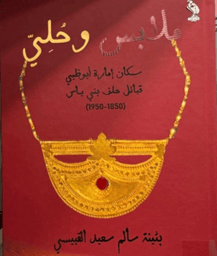
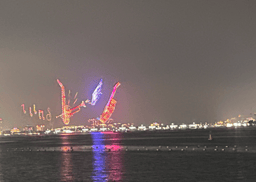

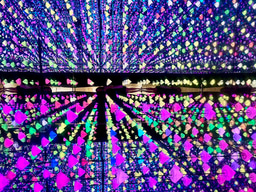
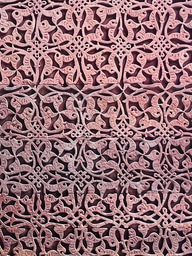
Please sign in or register for FREE
If you are a registered user on Research Communities by Springer Nature, please sign in